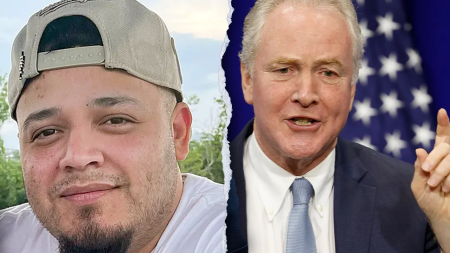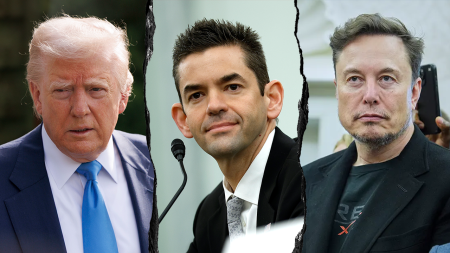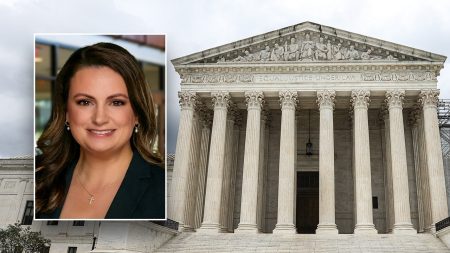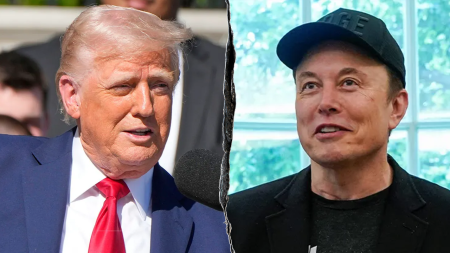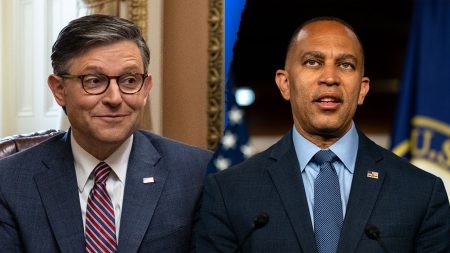Webster’s Call for Qualified Leadership
William Webster, a centenarian and the only individual to have helmed both the FBI and CIA, has penned a letter to senators, urging them to reject two of President-elect Donald Trump’s nominees for crucial national security positions: Kash Patel for FBI director and Tulsi Gabbard for director of national intelligence (DNI). Webster’s central argument hinges on the nominees’ perceived lack of qualifications and potential conflicts of interest, prioritizing personal loyalty over the impartial execution of their duties. He underscores the importance of nonpartisan leadership and extensive experience in these critical roles, emphasizing the direct link between qualified leadership and the safety of the American people.
Patel’s Allegiance and the FBI’s Impartiality
Webster’s concern regarding Patel stems from his perception of Patel’s unwavering loyalty to Trump, potentially jeopardizing the FBI’s commitment to upholding the rule of law. He argues that Patel’s history of executing presidential directives suggests a prioritization of personal allegiance over impartial justice, a dangerous precedent for an agency tasked with enforcing the law without bias. This concern is amplified by Patel’s outspoken criticism of the FBI and Justice Department, which he accuses of partisanship. While the Trump transition team defends Patel as loyal to the Constitution, citing his service under both Obama and Trump, Webster’s concern centers on the potential for conflict between personal loyalty and the FBI’s nonpartisan mission.
Gabbard’s Experience and the DNI’s Global Role
Webster’s critique of Gabbard centers on her perceived lack of experience in the intelligence field. He stresses that the DNI position demands unparalleled expertise to navigate the complexities of global threats and maintain crucial alliances. Without such expertise and the trust of allied nations, the U.S.’s ability to safeguard sensitive information and collaborate internationally is significantly diminished, compromising national security. While the Trump transition team highlights Gabbard’s military service and congressional experience, including her access to high-level intelligence, Webster maintains that her background does not equate to the specialized knowledge and experience required for the DNI role.
The Controversy Surrounding Patel and Gabbard
Both Patel and Gabbard have attracted considerable controversy. Patel, who led the congressional investigation into alleged Trump-Russia collusion, uncovered government surveillance abuses, leading to special counsel appointments that ultimately debunked the collusion narrative. However, his vocal criticism of the FBI and Justice Department has raised red flags among some law enforcement professionals. Gabbard, a former Democratic congresswoman and military officer, faces scrutiny for her 2017 meeting with Syrian dictator Bashar al-Assad, accused of using chemical weapons against his own people. Her initial reluctance to label Assad a war criminal and her skepticism regarding his government’s involvement in a chemical weapons attack drew criticism, although she later acknowledged him as a brutal dictator.
Webster’s Legacy and Appeal to Senators
Webster’s distinguished career, spanning leadership of both the FBI and CIA under multiple presidents, lends significant weight to his concerns. Appointed FBI director by President Carter and continuing under President Reagan, he later served as CIA director under President George H.W. Bush. This extensive experience informs his understanding of the complexities and demands of these critical national security positions. His letter to senators serves as a direct appeal to prioritize experience, nonpartisanship, and the safety of the American people when considering these crucial appointments.
The Importance of Nonpartisan Leadership in Intelligence and Law Enforcement
Webster’s plea highlights a broader concern about the politicization of intelligence and law enforcement agencies. He underscores the critical need for these institutions to operate independently of political influence, ensuring that decisions are driven by the rule of law and national security interests, not partisan agendas. The integrity of these agencies, and public trust in them, is paramount, especially in a complex and volatile global landscape. Webster’s letter serves as a timely reminder of the critical role nonpartisan leadership plays in safeguarding American democracy and national security.






